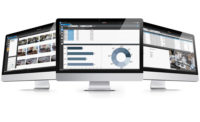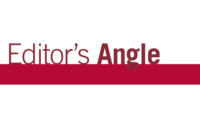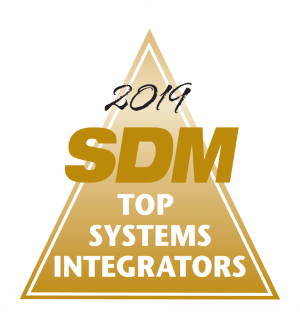It’s a Sunday close to press time and I’m watching one of my favorite television shows, CBS Sunday Morning. One of the segments catches my attention; it’s about the job market seemingly coming to a stall, with first-time unemployment claims having exceeded 400,000 for 11 consecutive weeks (as of late June). A CBS Sunday Morning journalist interviews economist Lakshman Achuthan of the Economic Cycle Research Institute about why this is happening.
Achuthan explains that we’re actually witnessing an “impressive creation of jobs” compared with the prior two recessions/recoveries. “The problem is we had such a big hole that you don’t notice the recovery,” he states in the CBS interview. The issue with the jobs market, then, is not the recession but the “structural shift” that has taken place in our jobs market, he says.
For example, “You fire all the clerical workers and you hire an IT guy to run some camera at the front door. So you lose seven jobs and you get one,” Achuthan describes.
First, I thought it was very apropos that the replacement job this economist mentioned on weekend prime time was a security job/technology. Second, it was interesting to hear his perspective because it suggests that, unlike the recession, this “new normal” in business is something the security industry can adjust to — and indeed they are.
The 2011 Top Systems Integrators reported that although 2010 was still a bit tricky they have a very good outlook for the remainder of 2011 and the near future. Most are seeing the signs of recovery, such as more consulting work being done and requests for proposals, and responding to them.
Growth of late has been found in banking/financial, retail, critical infrastructure, petrochemical, health care, and education sectors — even new construction is sparking sales. Many integrators are finding that sales opportunities are growing in managed services.
“We are seeing more traction with general contractors and electrical contractors — perhaps an early indicator,” said Enterprise Security Inc., Anaheim, Calif., ranked No. 75.
“We have seen the stock market go up and a lot of our customers are public, large Fortune 500 and they are spending some more dollars. We do a lot of critical infrastructure work and that is always funded somehow,” stated No. 44 ranked Unlimited Technology Inc., Chester Springs, Pa.
Chicago-based SDI, ranked No. 27, has a similar view. “A variety of factors that traditionally have signaled recovery indicate we’re almost there: 80 percent of the S&P 500 reported higher earnings, unemployment claims are down, an upswing in credit card usage, and housing prices stabilized. Also, the threats posed by tottering European economies seem to have been mitigated by decisive actions. In addition to these economic signals, we are experiencing a significant increase in requests for quote renewals for projects originally proposed as far back as 2008.”
But there are others who think that despite these favorable signs, the business climate won’t really be “normal” until both consumer confidence and small business confidence improves.
“…Consumer confidence is still very low. We’re seeing some new construction but more moves/adds than anything. That tells me people are moving and growing,” reported Intelligent Access Systems of North Carolina, Garner, N.C., No. 54 on the Top Systems Integrators Report.
“Small business owners are still holding onto capital. They are the lifeblood of the economy. Large corporations are starting to spend money, but I will not consider an economic recovery underway until small businesses start to spend money and expand,” said No. 36, SecureNet Inc., Carrollton, Texas.
Everyone is adjusting to a new business “normal.” Whether it’s a normal that includes watching certain market segments — and pouncing on opportunities when they come. Or a normal that recognizes that spending may be done less frequently and more carefully for a long time to come, that forklift overhauls of entire security systems may be more the exception than the norm; that jobs are treasured and end users in the security profession need industry partners to help them demonstrate value; and that sometimes electronics alone may be able to do the job of many.
We’ve all been forged by the fires of change.








